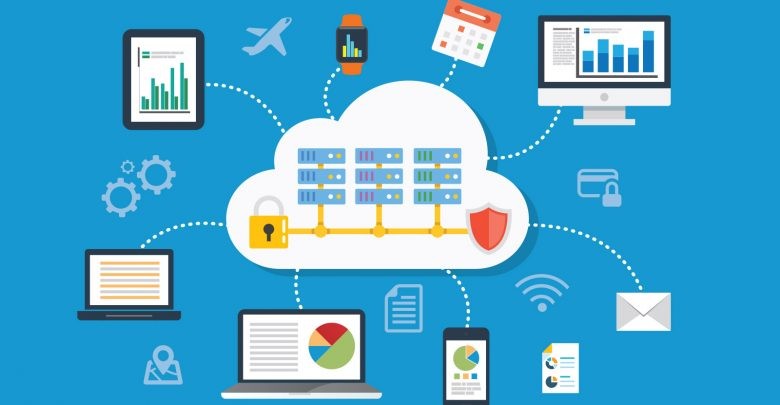Introduction
In today’s competitive business landscape, live events offer unparalleled opportunities for networking, brand exposure, and lead generation. However, selecting the right event can be a daunting task. This guide will walk you through the process of choosing the perfect live event to boost your business, ensuring you make informed decisions that align with your goals and objectives.
1. Understanding Your Objectives
Before embarking on your live event journey, it’s imperative to clarify your objectives. Are you aiming to generate leads, increase brand awareness, or establish thought leadership? Understanding your goals will guide your event selection process and help you focus your resources effectively.
2. Researching Potential Events
Not all events are created equal, making thorough research a crucial step in the decision-making process. Look for events that attract your target audience, align with your industry, and have a track record of success. Consider factors such as attendee demographics, speaker lineup, and exhibitor opportunities.
3. Analyzing Budget and Resources
Budget constraints and resource availability will influence your event choices. Assess your budget carefully, considering expenses such as registration fees, booth rentals, travel, and accommodation. Determine how much you can afford to allocate to each event while still achieving your desired outcomes.
4. Assessing Event Reputation
The reputation of an event can impact its overall success and the perception of your brand. Look for events with positive reviews and testimonials from past attendees and exhibitors. Pay attention to factors such as event organization, attendee engagement, and overall satisfaction levels.
5. Evaluating Networking Opportunities
Networking is a key benefit of live events, providing opportunities to connect with industry peers, potential clients, and partners. Evaluate the networking opportunities offered by each event, including formal networking sessions, one-on-one meetings, and social events.
6. Reviewing Event Logistics
Smooth logistics are essential for a successful event experience. Consider logistical factors such as venue location, transportation options, parking availability, and onsite amenities. Choose events that are easily accessible and provide a comfortable experience for attendees.
7. Considering Brand Alignment
Aligning your brand with the right event can enhance your brand visibility and credibility within your industry. Look for events that align with your brand values, target audience, and industry focus. Choose events where your brand can make a meaningful impact and resonate with attendees.
8. Negotiating Sponsorship Opportunities
Sponsorship opportunities can provide additional exposure and benefits for your brand. Negotiate sponsorship packages that offer maximum value, including branding opportunities, speaking engagements, and exclusive networking events. Ensure that sponsorships align with your marketing objectives and budget.
9. Crafting an Engaging Booth Experience
Your booth is your opportunity to make a lasting impression on event attendees. Design an engaging booth experience that showcases your brand personality, products, and services. Incorporate interactive elements, demonstrations, and giveaways to attract and engage visitors.
10. Creating Compelling Promotional Materials
Promotional materials are essential for attracting attendees to your booth and communicating your key messages. Create compelling materials that stand out and effectively convey your brand story, offerings, and value proposition. Use high-quality visuals, concise messaging, and clear calls to action.
11. Leveraging Social Media Promotion
Social media can amplify your event presence and reach a broader audience before, during, and after the event. Develop a comprehensive social media strategy that includes pre-event promotion, live coverage during the event, and post-event follow-up. Encourage attendees to engage with your brand online using event hashtags, live updates, and interactive content.
12. Training Your Event Staff
Your event staff are the face of your brand at live events, making their training essential for success. Provide comprehensive training on your brand messaging, products, and services, as well as effective communication and engagement techniques. Equip your staff with the knowledge and confidence to represent your brand professionally and handle attendee inquiries effectively.
13. Maximizing Lead Generation
Lead generation is a primary objective for many businesses attending live events. Implement strategies to maximize lead generation opportunities, including lead capture tools, interactive experiences, and follow-up processes. Develop a structured approach to lead management and follow-up to ensure that every lead is nurtured effectively post-event.
14. Measuring Event ROI
Measuring the return on investment (ROI) of your live event participation is crucial for evaluating success and informing future decisions. Define key performance indicators (KPIs) related to your event objectives, such as lead quality, brand exposure, and revenue generated. Use analytics tools to track and analyze event data, and evaluate the overall ROI of each event against your investment.
FAQs (Frequently Asked Questions)
- How do I choose the right live event for my business?
- Consider your objectives, target audience, industry relevance, and budget when evaluating potential events.
- What factors should I consider when assessing event reputation?
- Look for positive reviews, testimonials, and past attendee experiences to gauge event’s reputation.
- How can I maximize networking opportunities at live events?
- Attend networking sessions, engage with attendees, and participate in social events to expand your network.
- What are some effective lead-generation strategies for live events?
- Use lead capture tools, offer incentives for engagement, and implement follow-up processes to maximize lead generation.
- How do I measure the ROI of my live event participation?
- Define key performance indicators (KPIs), track event data, and evaluate the overall impact on your business objectives.
- What role does social media play in event promotion?
- Social media can amplify your event reach, engage attendees, and generate buzz before, during, and after the event.
conclusion
In conclusion, choosing the perfect live event to boost your business requires careful consideration of your objectives, audience, resources, and desired outcomes. By following the strategies outlined in this guide and leveraging the power of live events, you can elevate your brand, expand your network, and drive tangible business results.




